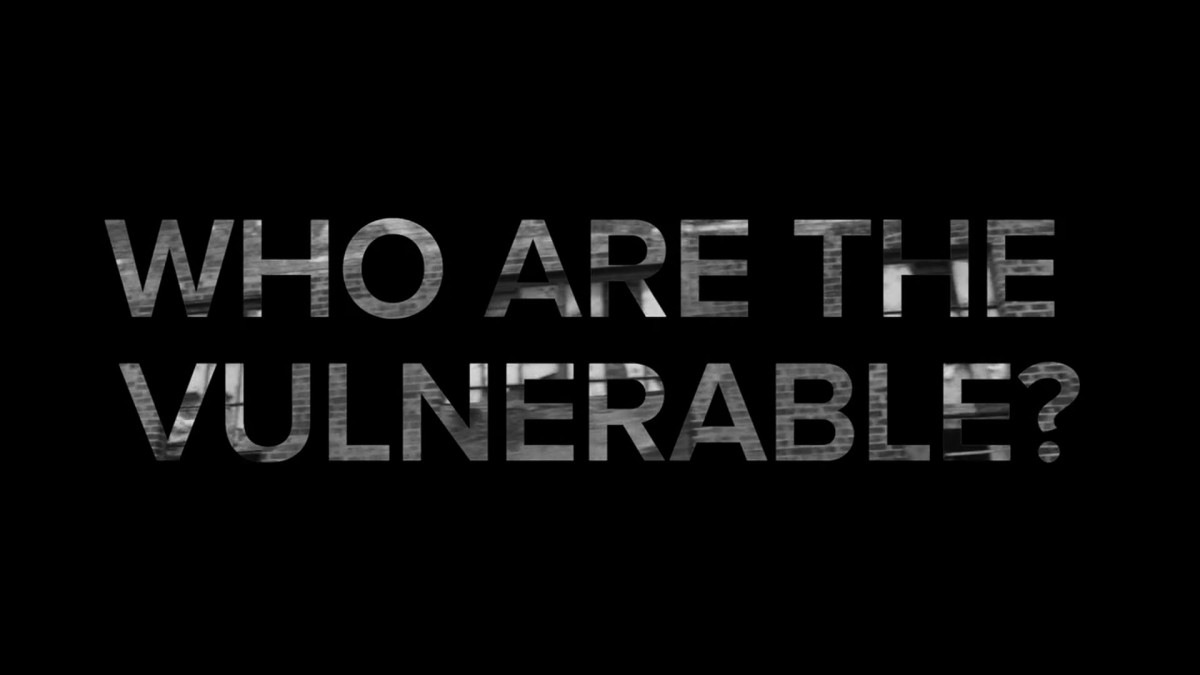Learn More
What is human trafficking?
Trafficking in persons, or “human trafficking,” is a broad term. The specific definition includes recruiting, harboring, transporting, providing or obtaining a person for labor or commercial sex acts through force, fraud or coercion.
Human trafficking is a serious global issue that requires a complex and multifaceted approach.
Determining Trafficking
When deciding if an activity rises to the level of trafficking, authorities examine three areas:
- Action: What did the alleged abductor do? Did they recruit, harbor, sell or “traffic” human beings in some other way?
- Means: How did they do it? Was it deceptive, forceful or fraudulent?
- Purpose: Why did they do it? Was it for the sex industry or labor?
In the United States, if someone trades in children for labor or sex services, even if it’s not fraudulent or forceful, it’s automatically considered human trafficking.
Is it only sex trafficking?
The worldwide sex industry is a shocking, evil arena. Understandably, sex trafficking receives a lot of press. But globally, victims of labor trafficking — exploiting people to pick cotton, work in construction and unregulated factory work — may outnumber victims of sex trafficking, by some estimates as much as three-to-one.
How do we respond?
Intervention takes shape in three ways: prosecution, protection and prevention. While the image of people kicking in doors or going undercover on the streets of Europe may be inspiring, the reality is that human trafficking is a complex issue that demands a complex answer.
Intervention through prevention, protection, prosecution and partnership is responsible, safe and makes a long-term impact.
Prosecution
Prosecution feels good. The justice in us feels satisfied to see criminals pay the cost of their crime and get locked up in jail. There are several challenges to prosecution:
- It is very expensive.
- The local judicial system is often prohibitive.
- Requires highly trained legal and criminal justice professionals.
Protection
Most North Americans think of protection when they think of combating trafficking. Protection involves rescue, rehabilitation, and reintegration into society. Assisting victims through the healing process is long, taxing, and stressful work. The actual rescue raid can be very dangerous and should be handled by trained criminal justice professionals.
Prevention
The foundation of the Church's anti-trafficking work needs to be prevention. The definition and scope of prevention is broad at its core, just as human trafficking is. It encompasses raising awareness, recognizing critical points of intervention and calls people to actively engage in fighting the many facets of human trafficking.
Globalization has created a one-world marketplace. Consumers, including you and me, drive the need for discounted prices that trafficked labor produces. Because the numbers for trafficked labor are so huge, experts agree that a significant way to combat trafficking is to reduce the demand for illicit labor.
We need to be aware of the goods we buy and how they were made. It is common knowledge that the diamond industry, cotton and chocolate growers often use illegal and inhumane practices while producing their products. When known human rights violations are used to produce a good or service, we can and should refuse to purchase those products and vocalize our complaints to companies to make certain they understand that we care about how people are treated more than we care about the low cost of our products.
While the issue of human trafficking can be overwhelming, it’s important that we remember that God has designed the church to play a critical role to play in this fight. When we begin to unravel the litany of issues that make people vulnerable to human trafficking all over the world, we can begin to genuinely understand the problem.
Understanding brings us that much closer to finding lasting solutions to fighting this global atrocity.
Give to the Global Freedom Fund
Your support enables ReachGlobal ministry to engage where our efforts are needed most to end human trafficking.

